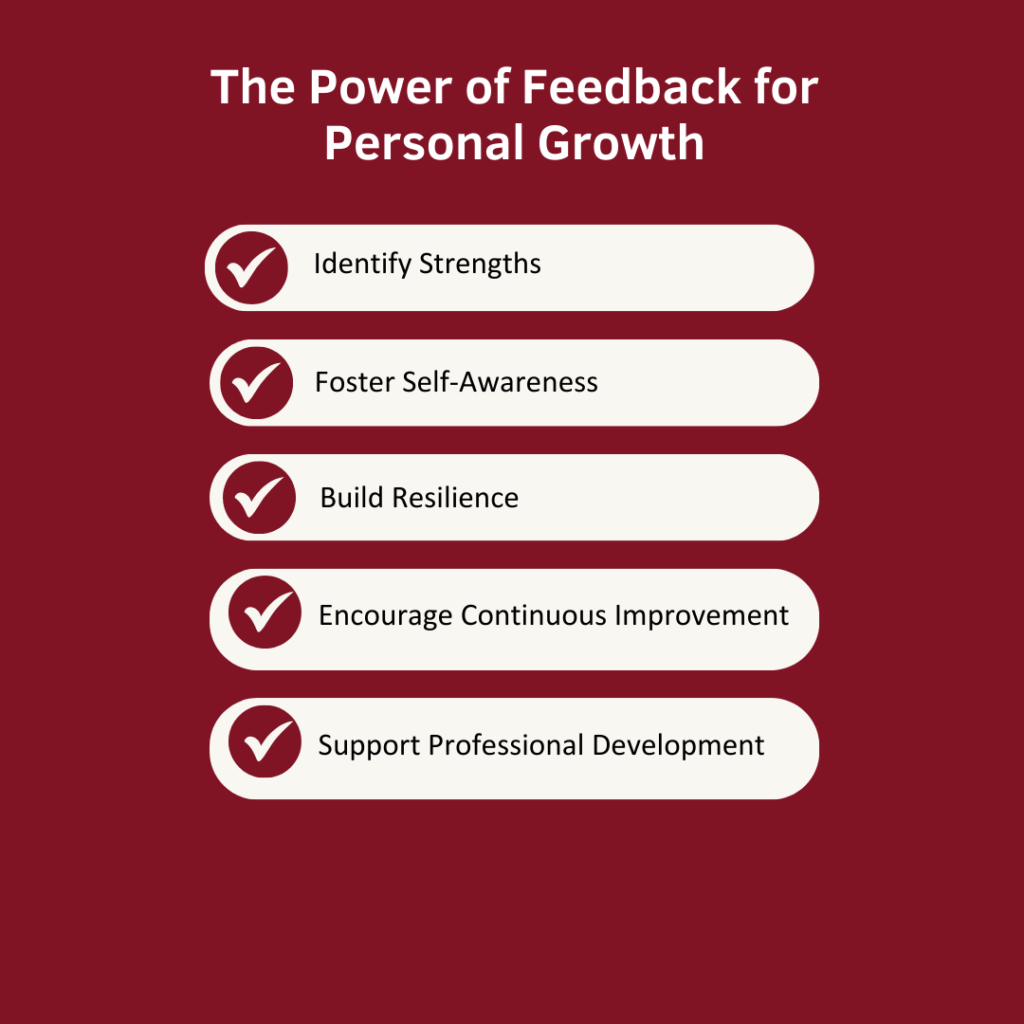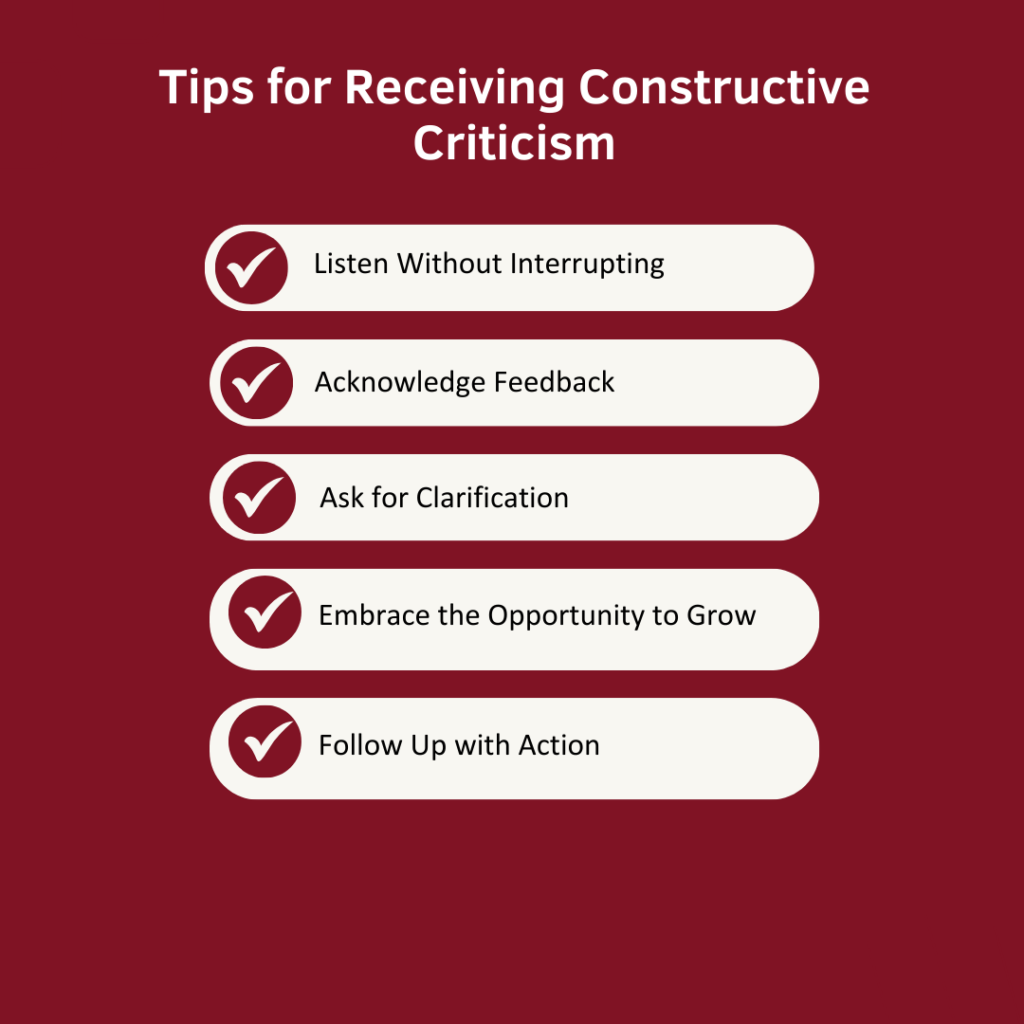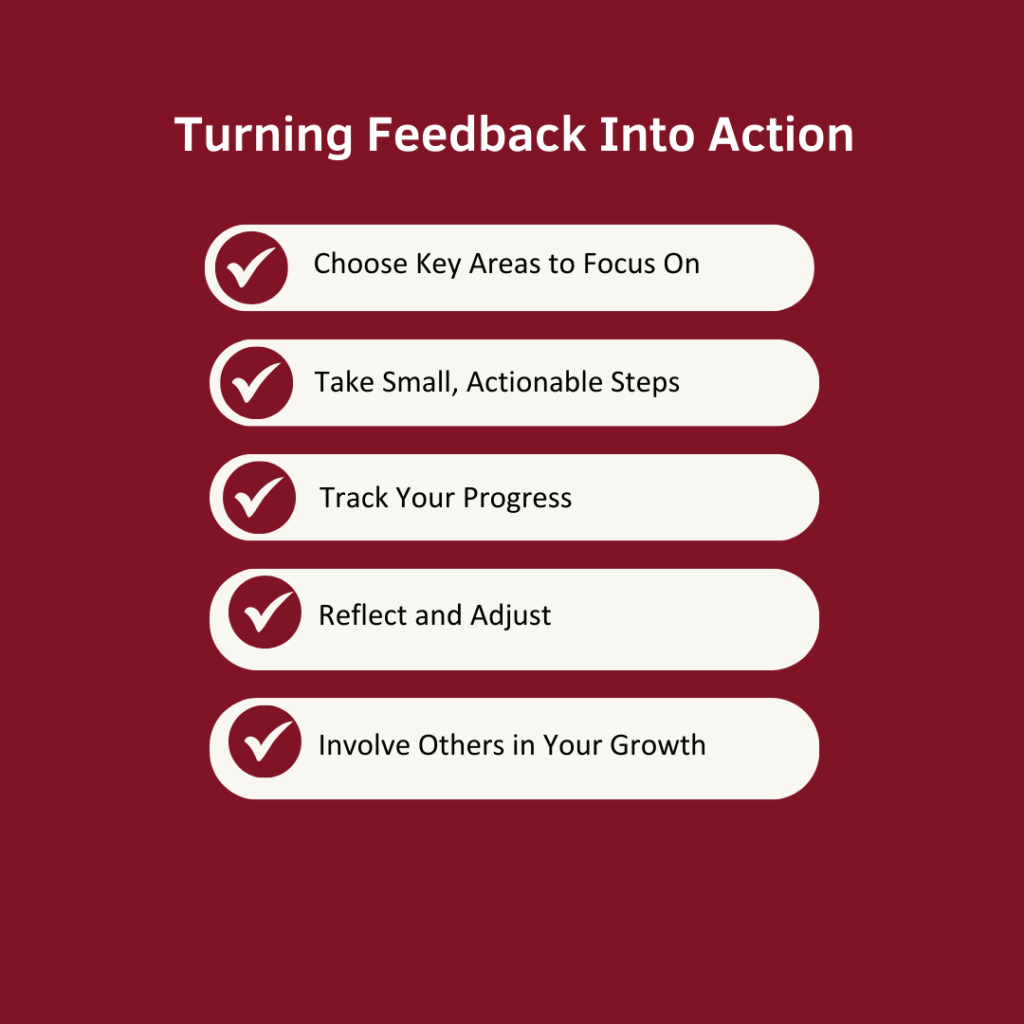By: Dr. Salam Slim Saad
Did you know that 65% of employees want more feedback, but only 30% actually receive it regularly? That’s a pretty big gap, and it shows how many organizations are missing out on using one of the best tools for employee development.
Year-end reviews are often viewed as just another box to tick off the to-do list. But, if done right, they can be a game-changer for personal and professional growth. Instead of seeing them as a formality, they should be seen as a chance to help employees learn, improve, and grow.
When I first started doing year-end reviews, I focused a lot on the numbers and areas where improvement was needed. Honestly, it felt more like a task than an opportunity. But over time, I realized that the best feedback goes beyond just what’s right or wrong—it helps people understand how they can grow and develop their strengths.
These reviews aren’t just another meeting—they’re a moment to reflect, learn, and set up for growth in the year ahead. Whether you’re looking to level up in your own career or motivate your team, mastering the art of feedback is key to making real progress.
The Importance of Feedback for Personal Growth
Feedback plays an important role in personal and professional development. It helps us see our strengths and identify areas where we can improve, making it an essential tool for growth. However, feedback can often be overlooked or misunderstood. Here’s why feedback is important and how you can use it to foster continuous improvement.

- Identifies Strengths and Areas for Improvement: Feedback highlights what you are doing well and where you may need to make changes. Without it, you might miss out on recognizing key aspects of your performance that require attention.
- Fosters Self-Awareness: Receiving regular feedback helps you understand how others perceive you, which is critical for aligning your actions with your goals. This increased self-awareness allows you to focus on what truly matters and take more intentional actions.
- Promotes Resilience: Embracing feedback, even when it is uncomfortable, builds resilience. It teaches you to adapt and respond positively to challenges, helping you grow personally and professionally.
- Encourages Continuous Improvement: By reflecting on the feedback you receive, you can make consistent improvements in your work and personal life. Feedback is not just about correcting mistakes—it’s about finding opportunities to enhance your skills and abilities.
- Supports Professional Development: In a work environment, feedback is a tool that can guide you toward better performance, helping you grow within your role and advance your career.
How to Prepare for Your Year-End Review
Getting ready for your year-end review doesn’t have to feel stressful. By taking a few simple steps, you can walk into the meeting feeling confident and ready for a productive conversation. Here’s a straightforward guide to help you prepare:
- Gather Your Achievements: Collect everything you’ve worked on this past year—performance reviews, project summaries, or any feedback you’ve received. This will help you present a clear picture of your accomplishments.
- Look Back at Your Goals: Review the goals you set at the beginning of the year. What went well? Where did you face challenges? Being honest with yourself about what worked and what didn’t will help you explain your progress.
- Reflect on Feedback: Throughout the year, you’ve probably received feedback from managers, peers, or clients. Look for any common themes in what they’ve said. This will help you understand what your strengths are and where you can improve.
- Prepare Questions: Think about any questions you want to ask your manager during the review. These might be about your career development, opportunities for growth, or any concerns you have. Asking questions shows that you’re proactive and engaged in your professional development.
- Set New Goals: Before your review, consider what you want to achieve next year. Having a few goals in mind shows that you’re focused on moving forward and improving.
- Be Ready to Advocate for Yourself: Don’t be afraid to speak up about your achievements. Be clear and confident when talking about how your work has contributed to the team or the company’s success.
- Stay Positive: Even if some things didn’t go as planned, focus on what you learned and how you plan to improve.
- Be Open to Feedback: Use your review as a chance to learn and grow. Be open to constructive criticism, and think about how you can use it to get better.
Tips for Giving and Receiving Constructive Criticism
Constructive criticism is a normal part of work and personal development, but it can feel uncomfortable whether you’re giving or receiving it. Here are some simple tips to make the process smoother and more effective for everyone involved.
- Start with the Positive: Always start by recognizing what the person is doing well. It helps set a supportive tone and makes them more open to your feedback.
- Be Specific: Avoid vague criticism. Point to specific behaviors or situations. For example, instead of saying, “You need to improve communication,” say, “I noticed during last week’s meeting that the team had difficulty understanding your updates.”
- Make It a Conversation: Encourage the person to ask questions or share their perspective. This creates an open dialogue, rather than just one-sided feedback, and helps clear up any misunderstandings.
- Provide Suggestions: Don’t just point out what’s wrong—offer helpful ideas for how they can improve. Giving constructive advice shows that you care about their growth.
Tips for Receiving Constructive Criticism:

- Listen Without Interrupting: Stay open to what the other person is saying and avoid interrupting. Taking notes can help you process the feedback later.
- Acknowledge What’s Being Said: Show that you value the feedback by nodding or verbally acknowledging points. Even if you don’t agree with everything, it’s important to show you’re listening.
- Ask for Clarification: If something isn’t clear, ask for specific examples. This ensures you fully understand the feedback and know exactly what you can improve.
- Embrace the Opportunity to Grow: Try to view feedback as a tool for self-improvement rather than criticism. Every piece of feedback is an opportunity to refine your skills and get better.
- Follow Up: After receiving feedback, take some time to reflect and make changes. Be proactive by discussing your progress in future check-ins or conversations.
Setting Goals for the Upcoming Year
Setting goals for the new year is a great way to give yourself direction and stay focused on what you want to achieve. It doesn’t have to be complicated, and by breaking it down, you can make the process easier and more effective. Here’s a simple guide to get you started:
- Look Back at Last Year: Before setting new goals, take a moment to reflect on the past year. What went well? What didn’t? Think about what you’ve learned from both your successes and challenges. This will help you understand where you want to focus your efforts going forward.
- Make Your Goals Clear and Measurable: Instead of setting vague goals like “do better at work,” be specific. Choose something you can measure, like “complete a professional certification” or “lead a team project.” This way, you’ll know exactly what success looks like and can track your progress.
- Break Big Goals into Small Steps: Large goals can be overwhelming but breaking them down into smaller steps makes them more manageable. For example, if your goal is to earn a certification, you might break it down into researching courses, enrolling in one, and then completing each module.
- Stay Flexible: Life doesn’t always go according to plan, and that’s okay. Be open to adjusting your goals if things change. The important part is staying committed to your growth, even if your path looks a little different than you originally expected.
- Share Your Goals: Talk about your goals with a friend, mentor, or colleague. Sharing your plans with someone else can give you extra support and motivation to stick with them, especially when things get tough.
Implementing Changes Based on Feedback
Turning feedback into real change can seem challenging, but it’s where meaningful progress happens. Here’s a straightforward approach to make the process manageable and effective:

- Choose Key Areas to Focus On: Start by picking one or two important areas to improve. Trying to change everything at once can be overwhelming and less effective. Focus on the most impactful areas first.
- Take Small, Actionable Steps: Break your goals into smaller, manageable actions. For example, if you need to improve your communication skills, you might start by scheduling regular check-ins with your team. This helps create open conversations and build trust.
- Track Your Progress: Use specific metrics to monitor how you’re doing. Whether it’s tracking how projects are progressing or measuring team engagement, clear indicators will help you see how well you’re implementing the changes.
- Reflect and Adjust: Regularly check in on what’s working and what’s not. Take time to reflect on your progress and be ready to make adjustments. Flexibility is key to adapting and improving continuously.
- Involve Others: Share your goals and progress with colleagues or mentors. Getting their input can provide additional support and insights, making the process more collaborative.
- Set Timelines: Create deadlines for each step to stay on track and keep moving forward.
- Keep Asking for Feedback: Continue seeking feedback as you make changes to ensure you’re on the right path.
Year-end reviews aren’t just about looking back; they’re about setting the stage for future growth. By actively seeking feedback, reflecting on lessons learned, and setting clear, actionable goals, you can turn these moments into powerful tools for progress. As you move forward, remember that growth is a journey, not a destination.
As Ken Blanchard once said, *”Feedback is the breakfast of champions.”* Make sure to nourish your growth with the right input and take steps towards continuous improvement. Here’s to a year of development, resilience, and success!

